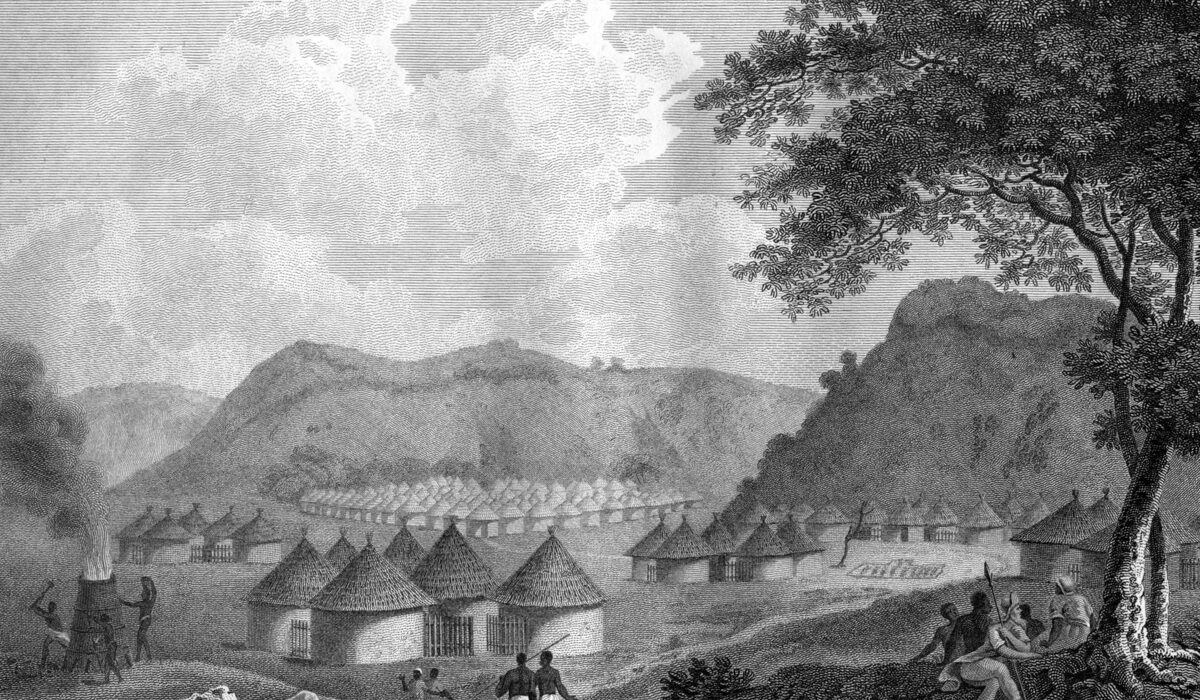Nigerian music producer, ID Cabasa, recently shared his thoughts on the ongoing debate sparked by Akon’s claim to have played a significant role in pioneering Afrobeats. In a candid discussion on Rubbin’ Minds, Cabasa drew an interesting parallel between Akon’s assertion and the colonial-era narrative of Mungo Park “discovering
” the River Niger. He pointed out that while Akon undeniably helped shine a spotlight on Nigerian artists globally, crediting him as the genre’s originator seemed like a stretch.
“
It’s like Mungo Park saying he discovered the River Niger… There was already a sound that attracted him (Akon), and you’re claiming you discovered it? That’s how it sounded,
” Cabasa remarked. He emphasized that artists like Wizkid and Banky W were already making waves in the industry before Akon’s involvement.
Akon had previously stated that his collaborations with Nigerian musicians in the late 2000s and early 2010s laid the groundwork for Afrobeats’ international success. While acknowledging Akon’s contributions to promoting Afrobeats on a global scale, Cabasa felt that attributing the genre solely to him overlooked its existing vibrancy and creativity within Nigeria.
“
Akon did not offend me… but we need to be careful. If there’s anything we can keep as a legacy for Nigeria and Africa, it’s part of the conversation around Afrobeats,
” Cabasa remarked. He acknowledged Akon’s marketing efforts but cautioned against overstating his influence on shaping the genre.
As discussions surrounding Afrobeats continue to evolve, Cabasa expressed concerns about Western influences diluting the genre’s cultural authenticity. He noted a worrying trend where Nigerian artists are increasingly tailoring their sounds to appeal more to international audiences at the risk of losing their unique identity.
“
The West is now sounding more like Afrobeats, while we’re sounding more like R&B… I almost think we’ve already lost part of it,
” he lamented. This shift has led many Nigerian artists residing abroad and charging fees in foreign currencies, potentially distancing themselves from their roots.
In response to this challenge, some artists have been revisiting classic Nigerian tunes as a way to reconnect with their musical heritage. From Tems covering Seyi Sodimu’s ‘Love Me Jeje’ to Burna Boy revitalizing Soul II Soul’s ‘Back to Life,’ there is a growing movement towards preserving and celebrating Nigeria’s rich musical past.
Cabasa highlighted the importance of sampling old Nigerian hits as a means of cultural preservation. “
Sampling brings familiarity and emotional connection… Instead of sampling foreign music, why not revive our rich catalogue?” he suggested passionately.
Encouraging fellow industry peers to safeguard the essence of Afrobeats, Cabasa underscored the significance of staying true to their musical roots amidst evolving trends. By reimagining classics and preserving traditional sounds, artists can ensure that future generations inherit a deep appreciation for Nigeria’s musical legacy.
In essence, while debates over Afrobeats’ origins may persist, what remains paramount is honoring Nigeria’s diverse musical landscape — one steeped in history yet poised for continued innovation and global resonance.

